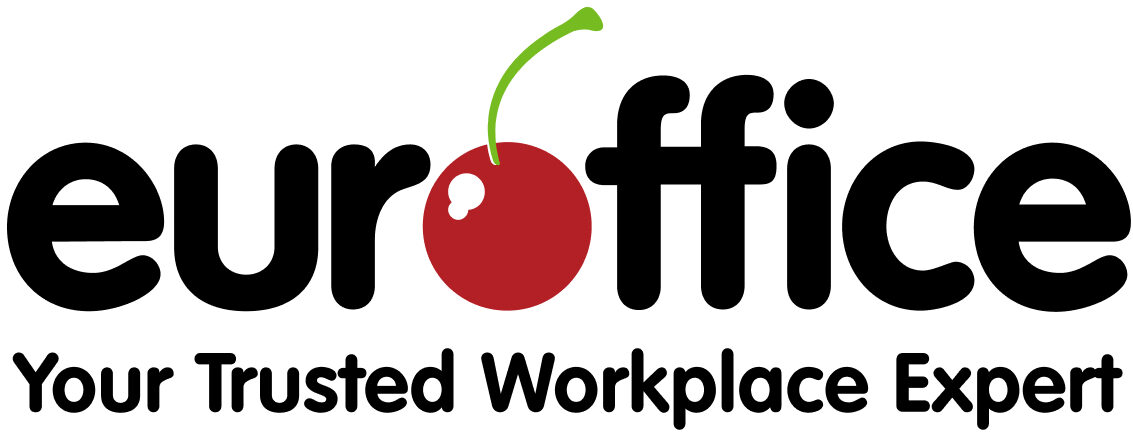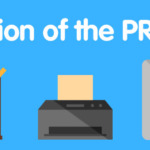While there have always been jobs, for most of human history we never had job interviews. Why? Let’s take a peek into the past.
In The Beginning
Think back 12,000 years to when mankind had just developed agriculture. We stepped off the plains after spending ages as hunter-gatherers and learned to plant crops and tend animals.
Did Jeremy Caveman, from mud-hut number 3, put in an application to look after the village pigs? Or handed in a CV to compete for the role of cabbage plucker? No, of course not. A job was given to you and that was that.
You stayed with your tribe and did what you were told. The way it likely worked is that if you were big and strong you got physical tasks to complete.
The Original Apprentices
Let’s fast-forward a few thousand years – say to between 3100BC and 480AD – into the age of civilisation. Fancy buildings, art and literature, politics and economics. Now you start needing specialised skills: carpenters and stonemasons, scribes and accountants.
You’d think this would be the start of the interview, but no. Why not? Because people were born into hereditary trades. While there may have been some limited social mobility, if your father was a carpenter, you’d almost certainly end up as a carpenter’s apprentice.
Why interview for something you’re going to do anyway?
The Advent of Education
So, how did people born into family and village traditions change their employment-destiny? I’d argue it was education. And for Britain, that’s essentially from the 1800s onwards. (We’ve leapt forward quite a few years.)
Between 1833 and 1902, the UK saw the introduction of free primary and secondary schools as well as the creation of new libraries, universities and schemes to help working men better themselves.
And it’s when you have a classroom that you start to see who’s best-in-class. Now someone born into a farming family might find they have a talent for maths and could seek employment in a clerical field, rather than a literal one.
Education creates competition for jobs, because there are more qualified people for employers to choose from. And when you have competition, you can see why interviews are necessary – the boss wants the best the staff.
It Was A Testing Time
But once you have the interview, the interview has to be refined.
One of the first pieces of ‘interview technology’ was developed by American psychologist Robert S. Woodworth. During WWI, he came up with a questionnaire to screen army recruits who might be at risk of PTSD.
It’s a terribly dark subject, but his quiz is pretty much the ancestor of all modern psychometric and aptitude tests conducted in interviews today.
Thomas Edison also contributed to this field. Faced with more and more people applying to work for him – and they were all graduates – he gave them a test.
Challenges included naming Russian rivers, reciting Greek poetry from memory, questions about the composition of metal and much more.
While Edison also inspired other firms to start quizzing prospective employees, for me the lesson isn’t about asking factual questions – it’s understanding how people think.
Let’s Get Back to the Future
In a way, Edison pre-empted modern methods by companies such as Google.
They look beyond standard academic measures in their interviews. After all, in a office of geniuses you need something other than brain power to stand out. They want to know how you reason and your ability to work with others. Emotional intelligence
And I believe that’s the big evolution in job interviews. Yes, we can fill out forms online and have meetings over Skype, but those are differences in setting, rather than thinking.
The fundamental change today is that companies aren’t merely checking your suitability for the role, they want to know all about you as a person. Your hobbies and predilections, politics and peer group; everything that might influence how and how well you work.
And in an age of social media, where people state what firm they work for in their Facebook profile, or sometimes say silly things on Twitter, HR departments will assess us for the digital ripples we create and how that will reflect on our employer.
You know, it just occurred to me – literally as I’m writing this sentence – that the modern job interview is a form of dating. Searching for the most compatible partner across all possible parameters.
I wonder what Edison would have made of that.
If you get a chance, please take a few minutes and leave a review for us on Trust Pilot and/or Review Centre
Previously on The Euroffice Blog…
The Benefits of Adult Colouring & Colouring Competition






